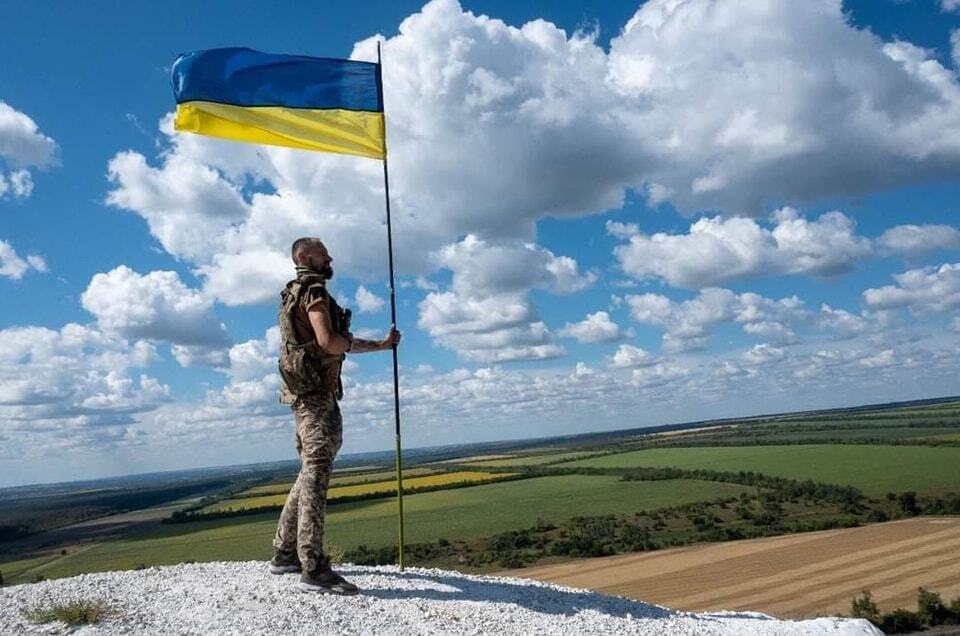“It is not the language of Ukraine that we would have liked to see,” said one diplomat from a Western G20 member.Although some European delegations pushed for tougher language condemning Russia for the massive missile strikes on civilian objects in Ukraine, they eventually dropped the demand for fear that it could derail the entire joint statement.
"The language is not strong enough . . . there’s nothing on the latest attacks. But nobody wanted to push too far, otherwise it would have been a fight and there would be no statement," said one European diplomat in Rio de Janeiro.Central aspects of the communiqué included calls for effective taxation of the super-rich, measures to reduce poverty, a ceasefire in Gaza, and reform of the Security Council. Two days ago, on 17 November, Russia launched a massive combined strike on Ukraine’s energy sector facilities using various missile types and Shahed drones. Ukraine’s air defenses tracked 210 aerial targets – 120 missiles and 90 drones.
Ukrainian F-16s intercept “about 10” targets in Russia’s morning missile attack, civilian death toll reaches 5The International Atomic Energy Agency’s Director General Rafael Grossi reported that the Russian attack damaged several substations, affecting the external power supply to Ukrainian nuclear power plants. Only two of nine operational reactors operated at 100% capacity, with six others reducing output to 40-90% of maximum capacity following the stikes. Related:
- Russian artillery strikes Dnipro’s Nikopol, killing two rail workers, injuring five other civilians
- Massive Russian attack on Ukraine’s power grid with 90 drones and 120 missiles causes power outages and casualties
- Russian drone debris damage Kyiv high-rise as air defenses counter drone swarm in 11 oblasts

